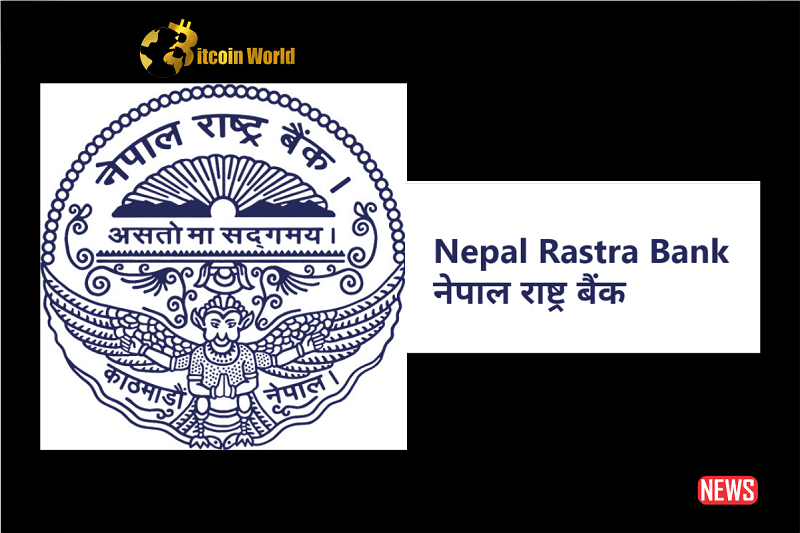In a paradigm-shifting move, Nepal Rastra Bank (NRB), the central banking authority of the Himalayan nation, announced plans in August 2022 to develop a Central Bank Digital Currency (CBDC). Moreover, the NRB has initiated the process of legislative amendments to the Nepal Rastra Bank Act, aiming to include provisions for digital currency issuance.
Since September 2021, the NRB has imposed a strict ban on cryptocurrency trading and mining. Consequently, Nepalese citizens face legal repercussions if caught participating in any related activities. Significantly, the NRB’s latest CBDC venture could potentially alter Nepal’s financial landscape, providing a government-sanctioned digital asset alternative to the prohibited cryptocurrencies.
In an exclusive interview with Forkast’s Jenny Ortiz-Bolivar, NRB spokesperson Gunakar Bhatta shed light on the situation. “We are in the initial study phase. We are also exploring collaborations with other countries and global institutions like the Bank for International Settlements,” Bhatta stated. Additionally, he indicated that a full-scale study might unveil the path forward within a year or two.
When asked whether a wholesale or retail CBDC was in the pipeline, Bhatta remained noncommittal. He stated, “It depends upon the recommendations of the institution.”
Regarding the CBDC initiatives in neighbouring giants China and India, Bhatta expressed cautious optimism. “We have to learn from countries similar to Nepal in economy, demography, and technical know-how,” he said. “It’s impressive to see our neighbours pushing CBDCs, but the success of CBDCs even in those countries is uncertain.”
Hence, an amendment bill is under preparation to empower the central bank to issue CBDCs. “The fundamentals for a CBDC involve a change in the legal structure. Once these amendments occur, we’ll have a better scope,” Bhatta noted.
Regarding the potential use of CBDCs for cross-border transactions, Bhatta suggested possible coordination with China and India due to Nepal’s trade concentration with these nations.
However, on the subject of stablecoins, the digital assets pegged to other currencies, Bhatta was explicit: “Since cryptocurrency is banned in Nepal, we haven’t considered any other types of digital assets.”
In conclusion, while the NRB maintains its ban on cryptocurrencies, the development of a CBDC could offer Nepal a secure and regulated digital financial instrument. Therefore, as the nation contemplates legislative changes, eyes will be on how the NRB maneuvers through the evolving digital currency landscape.














